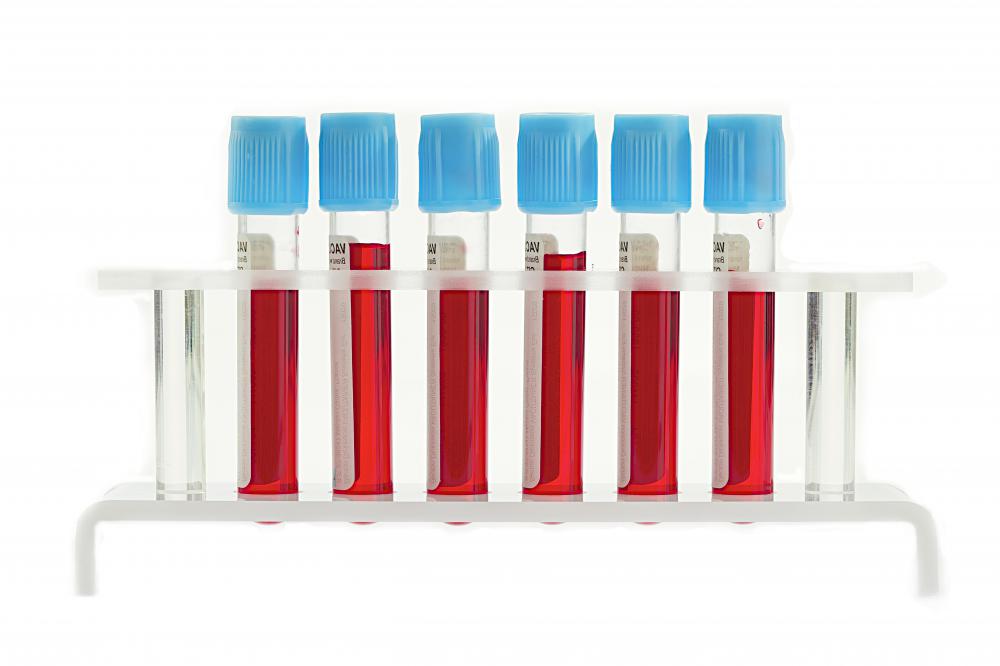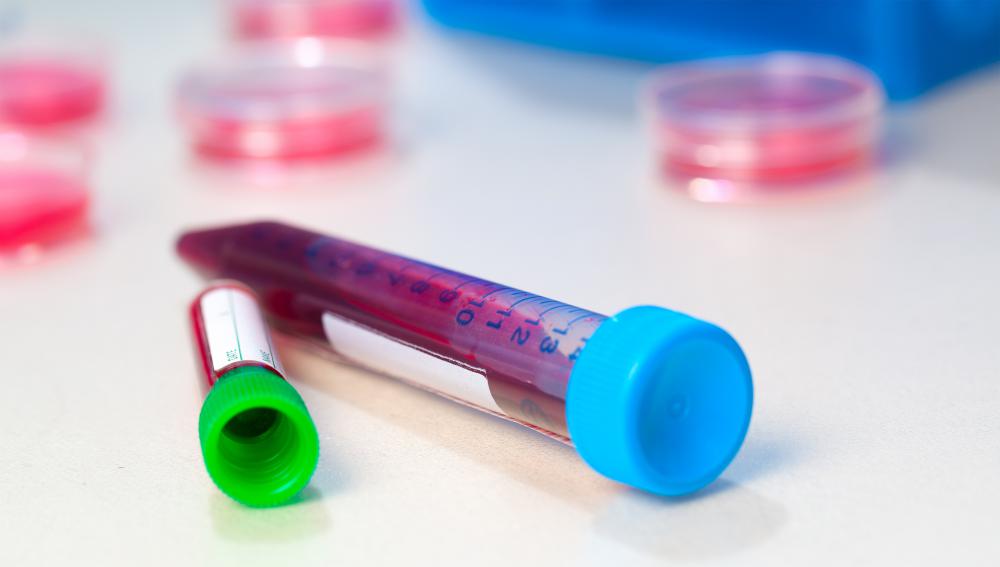At WiseGEEK, we're committed to delivering accurate, trustworthy information. Our expert-authored content is rigorously fact-checked and sourced from credible authorities. Discover how we uphold the highest standards in providing you with reliable knowledge.
What are the Different Types of HIV AIDS Testing?
Several methods are used for human immunodeficiency virus (HIV) and acquired immune deficiency syndrome (AIDS) testing, ranging from the less common genetic evaluation to home testing kits. Typical HIV AIDS testing procedures look for antibodies present in the blood, urine, or saliva after someone is infected with the disease. Home test kits can use blood or oral fluid to detect antibodies that indicate the presence of HIV or AIDS.
A relatively inexpensive and accurate HIV AIDS test is the enzyme immunoassay (EIA) type. Blood or urine is evaluated in a laboratory to determine if HIV or AIDS antibodies are present. An exception to the accuracy of this form of HIV AIDS testing is its use on babies born to mothers infected with HIV. The baby could test positive because his or her mother's antibodies can remain in the newborn's system for up to 18 months after birth.

Babies of HIV-infected mothers are typically evaluated using polymerase chain reaction (PCR) testing methods. Genetic properties in the blood are measured, which develop in as little as two weeks after infection occurs. PCR is not a common HIV AIDS testing procedure for adult patients because it is complex and expensive. This form of HIV AIDS testing, however, is routinely used to screen donor blood to ensure its safety.

Rapid HIV AIDS testing for antibodies is similar to EIA testing. Results from this exam are available 20 minutes after a sample of oral fluid or blood is obtained. Any positive result from this test should be followed up with further tests to confirm its accuracy. Antibodies produced by HIV typically appear six to 12 weeks after a person has been infected, but in rare cases it takes more than six months.

Home HIV AIDS tests are popular for their convenience and anonymity. Someone who thinks he or she has been exposed to the virus can purchase these tests at drug stores, place a blood sample on the testing materials, and mail it to a laboratory for examination. An identification number is routinely assigned to each test for privacy reasons. Results from the tests are obtained by telephone, and counseling is commonly offered when the test returns positive.
Rapid HIV AIDS testing kits for home use are not legal in some regions. These tests use a blood or oral fluid sample to provide quick results without laboratory testing. The disadvantage of this type of HIV AIDS testing is inaccurate results if the test is not done properly. There can also be a lack of counseling for positive readings.
Counseling for those found positive after AIDS testing is important so the patient understands treatment options. He or she can also learn how to protect others from becoming infected by using safe sex practices. The patient might undergo testing for other sexually transmitted diseases that he or she is unaware of. Expectant women who test positive for HIV can learn about ways to protect their babies from the virus through counseling.
AS FEATURED ON:
AS FEATURED ON:













Discuss this Article
Post your comments